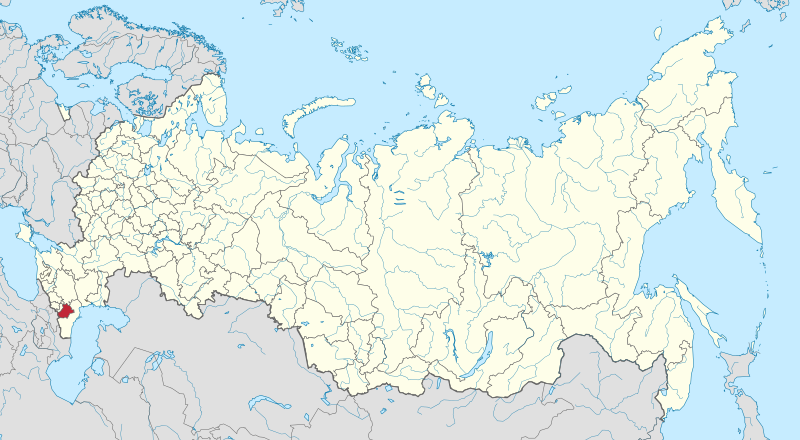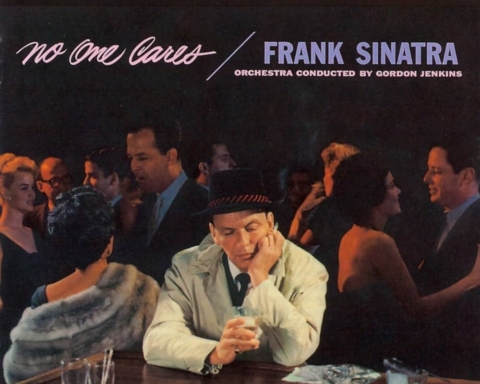JOSEPH DEBELL: OPINION EDITOR
Photo Courtesy of Wikimedia Commons
The recent decision by authorities in the Russian republic of Chechnya to ban music based on tempo is not only absurd but represents cultural authoritarianism.
The ban, which limits songs to a tempo of 80 to 116 beats per minute, aims to align with the “Chechnyan mentality and sense of rhythm,” according to Culture Minister Musa Dadayev as reported by National Public Radio.
Here are some of the songs that are considered “too fast:”
“Cruel Summer” by Taylor Swift
“Here Comes the Sun” by the Beatles”
“Toxic” by Britney Spears.
Here are some of the songs that are considered “too slow:”
“I Will Always Love You” by Whitney Houston
“Hello” by Adele
“Imagine” by John Lennon.
Funny enough, the Russian national anthem sits at 76 beats per minute and the Chechnyan national anthem also below 80 beats per minute at 78.
This narrow-minded decision disregards the diversity of musical tastes.
Dadayve’s quote in an article by The Guardian further proves that this purposefully worded decision promotes nationalism.
“Borrowing musical culture from other peoples is inadmissible,” Dadayev said. “We must bring to the people and to the future of our children the cultural heritage of the Chechen people. This includes the entire spectrum of moral and ethical standards of life for Chechens.”
Dadayev’s assertion that borrowing musical culture from other peoples is “inadmissible” is not just regressive but also demonstrates a lack of understanding of culture.
Culture is not stationary; it evolves and thrives through innovation. These restrictions could stiffen culture, isolate Chechens and deprive them of the rich tapestry of music.
This decision also doesn’t lay out how it will be enforced. Will there be constant hours monitoring new music and creating never-ending lists of tracks that can’t be played because of tempo? That wouldn’t seem logical.
This law isn’t rational and just seems like it’s going to be ignored. Instead, it appears to be an attempt to legislate music to foster conformity with no clear plan for repercussions, civil or criminal.
The action seems reminiscent of the bans on jazz in America in the 1920s, which attempted to contain perceived immoral behaviors and similarly — the Criminal Justice and Public Order Act 1994, which was passed in response to raves in the UK.
This decision arrives amid a long history of human rights abuses within the authoritarian governance in Chechnya. Abductions, disappearances, targeted attacks on journalists and persecution of the LGBTQ community are well-documented.
One of these many human rights violations stories in Chechnya is when journalist Elena Milashina and Alexander Nemov, a human rights lawyer, were attacked in Grozny, Chechnya.
This decision serves as yet another tool for oppression, diverting attention from the more brutal realities of cultural authoritarianism.
debell22@bonaventure.edu






